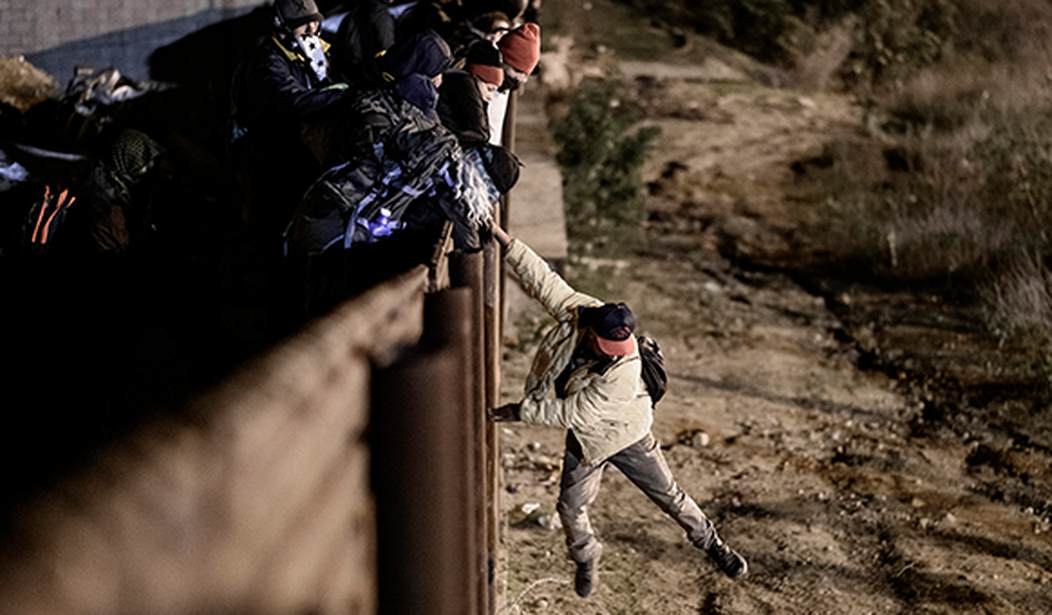In a decision announced Tuesday morning, the Supreme Court ruled 6-3 against a subset of illegal immigrants on the question of whether they are entitled to bond hearings while fighting deportation, reversing the Fourth Circuit Court of Appeals.
Second ruling is deportation/detention case. Court sides with government in 6-3 ruling along ideological lines. Alito writes for court.
— Greg Stohr (@GregStohr) June 29, 2021
The majority opinion in Johnson v. Guzman Chavez — a narrow case questioning whether previously deported individuals who reenter the United States illegally over fears of torture in their home country must be detained while their second removal proceedings take place — was authored by Justice Samuel Alito. He was joined by Justices Roberts, Thomas, Gorsuch, Kavanaugh, and Barrett. Justices Breyer, Kagan, and Sotomayor dissented.
Johnson v. Guzman Chavez dealt with two provisions authorizing authorities to detail illegal immigrants while remove proceedings take place: 8 U.S.C. §1226 and 8 U.S.C. §1231 and which one applied to illegal aliens who were deported once but returned illegally a second time. "If the answer is §1226, which applies 'pending a decision on whether the alien is to be removed from the United States,' then the alien may receive a bond hearing before an immigration judge," Alito writes. "If the answer is §1231, which applies after the alien is 'ordered removed,' then the alien is not entitled to a bond hearing."
"We conclude that §1231, not §1226, governs the detention of aliens subject to reinstated orders of removal, meaning those aliens are not entitled to a bond hearing while they pursue withholding of removal."
Recommended
Second #SCOTUS decision is in Johnson v. Guzman Chavez. Alito has the 6-3 decision for the court, siding with the government in a case about bond eligibility in certain immigration removal cases. https://t.co/DiD2gCYVI6 pic.twitter.com/sFdV0TPakV
— Chris Geidner (@chrisgeidner) June 29, 2021
Among other issues outlined in his opinion, Alito found respondents' arguments "would undermine Congress's judgment regarding the detention of different groups of aliens who posed different risks of flight." As the syllabus for the case explains, "Aliens who have not been ordered removed are less likely to abscond because they have a chance of being found admissible, while aliens who have already been ordered removed are generally inadmissible... and have already demonstrated a willingness to violate the terms of a removal order."
In layman's terms, those who have already been deported from the United States and return illegally a second time are more likely to disappear if released on bond.
























Join the conversation as a VIP Member